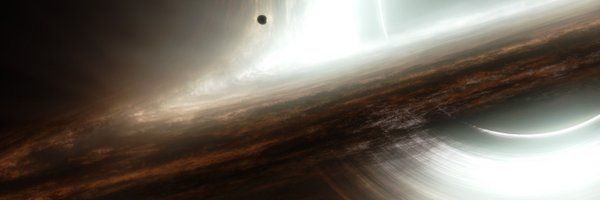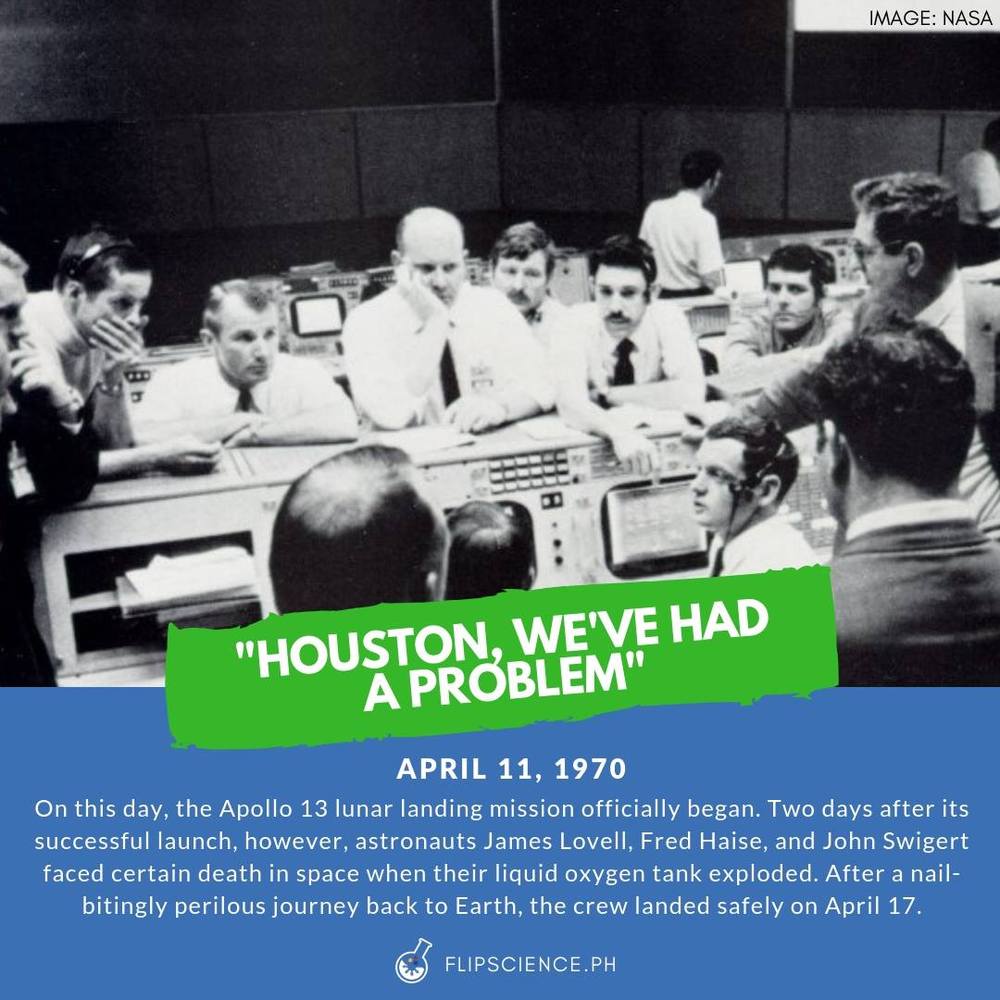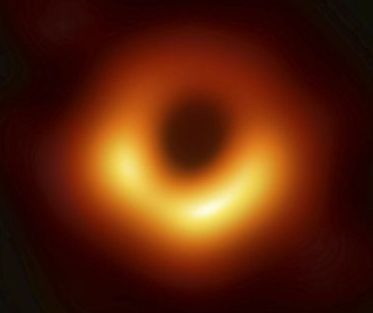If you like games, why not sign up for Lootcrate? https://lootcrate.com/MikeInHD
Use Coupon Code: MikeInHD
In the world of Halo, Master Chief is a super soldier outfitted with one of the most advanced sets of body armor ever produced by mankind. So how bullet proof if Master Chief? Master Chief Doesn’t Want to Die.
http://www.YouTube.com/MTR702?sub_con…
Your support on Patreon is appreciated!
https://www.patreon.com/SpacePak
● My Twitter — http://Twitter.com/MikeInHD
● My Graphics Channel –https://www.youtube.com/user/moboxgra…
It all starts with John 117. Basically he was kidnaped as a kid and pumped with performance altering drugs and growth hormones. The success rate for transforming a small child into a giant fighting machine is apparently pretty low. So yeah, it’s pretty amazing this guy can even mentally function let alone save the planet. Anyway, as a full grown man, John is 287 pounds (131 kilograms) and stands 6 feet 7 inches tall (about 2 meters). To put it into perspective, Andre the Giant was a 7 foot 4 inches tall (2.24 meters) wrestler from France. Coming in at at 550 lb (255 kg), not only was he tall, but he was massive. So although John is big, he isn’t’ that big. What makes Chief so powerful is of course his set of armor. According to lore, The MJOLNIR powered assault armor is a technologically-advanced combat exoskeleton system designed to vastly improve the strength, speed, agility, and reflexes of a spartan super soldier. This suit then brings John up to 7 feet tall and about 1,000 lb (453 kg), or twice the weight as Andre the giant, but still a little shorter.






